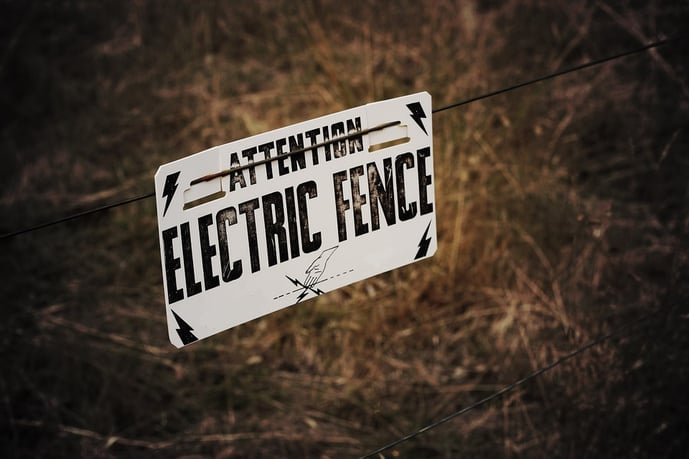Most homeowners know by now that they must have a valid Electrical Compliance Certificate (ECC) if they want to sell, because their property can’t be transferred to a new owner without one.
What they may not know, however, is that they are actually required to have an ECC at all times – and required to get a new one every two years, or whenever any alterations or additions are made to the electrical system on their property – whether or not they are planning to sell.
And even more importantly, they need to know that if they have any electric fencing on their property – as so many people do these days - they are required to hold a separate compliance certificate stating that this installation complies with certain prescribed safety standards.
This fact has not been well-publicised or explained, but it has in fact been the law since new Electrical Machinery Regulations were added to the Occupational health and Safety Act in 2011.

These regulations provide for all electric fences installed after 1 October 2012 to be certified and have an electric fence certificate of compliance (EFCC). In addition, any older electric fence system that has been altered or added to since that date must be certified, as must the electric fence on any property that has changed hands since that date, no matter how old it is.
What is means, in effect, is that everyone whose old electric fence has needed anything more than minimal repairs since 1 October 2012, and everyone who bought a home with an electric fence after that date, must have a valid EFCC.
And on top of that, the law states that only those contractors who are accredited by the SA Electric Fence Installers Association (SAEFIA) may legally erect, repair and certify electric fences.
However EFCCs are different from ECCs in that they are not required to be renewed every two years, and are transferrable. In other words, homeowners who have a valid EFCC and whose electric fence system has not been added to or altered since it was issued can pass the certificate straight on to the new owner when they sell their property.
Nevertheless, it is worth inserting a clause into the sale agreement to make it quite clear that there have been no additions or alterations to the fencing system since the EFCC was issued and that the certification thus remains valid, and property sellers should ask their estate agents to do this.
Meanwhile, in the case of sectional title properties, the consensus of legal opinion is that an electric fence erected on the common property forms part of the common property and is therefore owned in undivided shares by the sectional owners in the scheme, as per the Sectional Titles Act. In other words, the body corporate is the “owner” of the fence and must make sure it is property certified.
It follows from this that when a sectional title unit is sold, it should not be necessary for the seller to produce an individual EFCC for the buyer – just a copy of the valid certificate that is held by the body corporate.
As for the potential consequences for those who don’t have valid ECCs or EFCCs, these can be quite dire, so it really is not a matter that should be neglected.
If a property incurs any damage as a result of an electrical fault, for example, the owner will be required to produce a valid ECC to validate the claim against his homeowner’s insurance – and could obviously face serious financial losses if he does not have one.
Failure to obtain an EFCC, on the other hand, could result in a hefty fine or even imprisonment for up to a year.
And of course the worst thing of all would be if someone were injured or killed on your property because your electrical installation was not safe – and you did not know it was dangerous because it had not been properly checked and certified.
Statement by
Richard Gray
Harcourts Africa Chief Executive Officer


